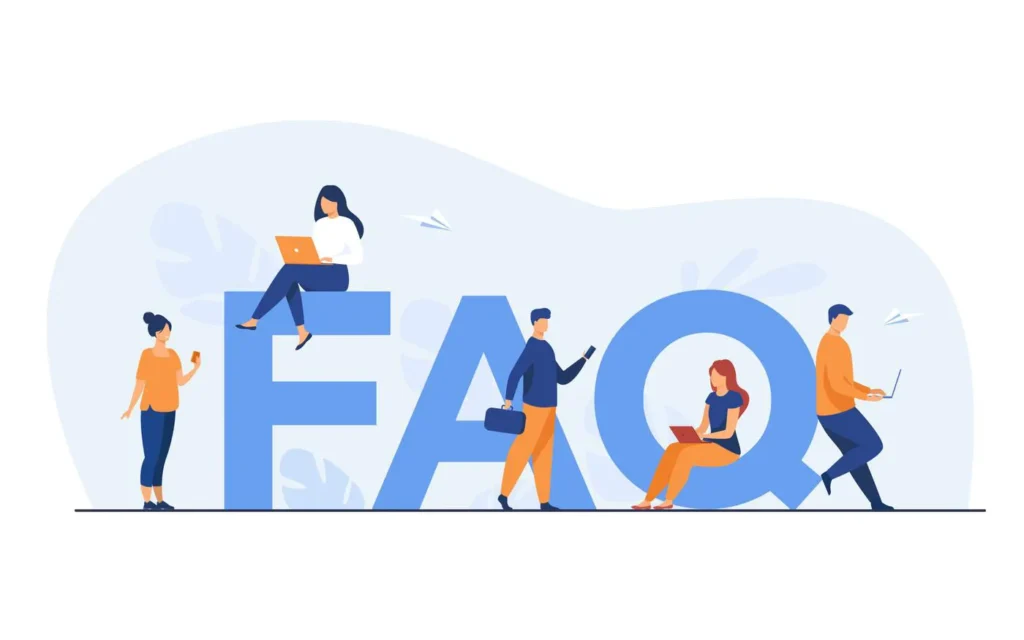Precision and confidentiality in the law world are not only part of the professional standards but are also ethical obligations of the profession. Any contract, affidavit, or piece of correspondence handled by a law firm is a file that contains sensitive data which must be protected at all costs. Meanwhile, the amount of legal documentation has increased exponentially. Consequently, as technology radically changes the way lawyers do their work, AI is gradually turning into a very important partner in handling this data in a secure and efficient manner.
AI tools are no longer optional futuristic gadgets that can be used in legal practice. They have become the main infrastructure that is streamlining document review, automating redaction, and protecting confidential information. However, the biggest problem is actually the issue of finding a balance between speed and security so that the automation revolution does not result in losing client trust.
The Growing Complexity of Legal Documentation
The legal sector has traditionally been heavy on documentation. Every change, disagreement, and compliance issue results in a huge amount of paperwork. Contracts, evidence, court filings, and letters have to be not only kept but also cataloged and accessed with accuracy. In the past, this was the work of paralegals and junior associates, who were hours deep in the abyss of pages trying to find relevant details or redact sensitive information.
Businesses are expanding across regions, and regulations are increasing rapidly. As a result, manually handling legal documents has become nearly impossible. Large firms now process hundreds of thousands of documents each month, while small practices still face the same high standards for confidentiality and compliance. Mistakes, delays, or data leaks can lead to serious legal and financial damage. At this point, AI is not replacing human judgment but enhancing it. Lawyers using AI tools that automate repetitive, data-heavy work gain more time and confidence to focus on strategic, value-driven tasks.
The Importance of Security in Legal Tech
Without doubt, confidentiality is what defines the legal profession. Lawyers are under the umbrella of privilege, which entails that they must keep client information confidential at all times. Nevertheless, in the digital age, to keep that confidentiality requires not only an ethical thought but also a technological vigilance.
Data breaches are now more common and no longer isolated incidents. Because of this, law firms have become prime targets for cybercriminals. These firms hold sensitive information — financial data, corporate secrets, intellectual property, and personal identifiers. Even one hacked file can be disastrous, damaging both the client and the firm’s reputation.
Automating Redaction for Better Compliance
One of the most significant, albeit very slow parts of a lawyer’s work, is the task of redaction. Prior to any filing, disclosure, or sharing of a document, it is imperative that the names of people, financial details, or any other aspects of the case that can uniquely identify the source must be meticulously removed. In the past, this has been done entirely by hand, which is both a very slow process and also vulnerable to mistakes.
AI has completely changed the way redaction is done by making the process automatic. Learning models of machines that have been trained on thousands of legal documents are now able to figure out the patterns of confidential data and make the redaction without human intervention. Thus, the process is not only made faster but also more accurate, which safeguards the security of the information.
Integrating AI with Legal Workflows
Artificial intelligence (AI) can only reach its full potential when it fits seamlessly into existing workflows. Lawyers and legal professionals should be able to use automation without changing how they work. The best AI tools integrate naturally with familiar systems like document management platforms, e-discovery software, and client relationship tools.
When AI is made a part of these surroundings directly, companies can keep up their efficiency levels and at the same time improve their safety measures. To illustrate, AI may be used to analyze contracts stored in a cloud-based system. Identify confidential information and then, without a human having to intervene, remove it from the file if the latter is being sent from the firm’s secure environment to outside parties.
Midway through this transformation, many legal teams are turning to software that can help automate sensitive data protection and redaction tasks. These platforms combine AI precision with compliance-ready features, enabling firms to handle client data responsibly without sacrificing efficiency. The goal is simple but vital: protect confidentiality without slowing down progress.
Ethical and Legal Implications of AI Adoption
Nevertheless, AI infuses a host of ethical and legal concerns alongside its substantial advantages. Attorneys need to grasp the manner in which these instruments arrive at a decision. Particularly in situations where the automated outputs have a direct influence on the legal judgments. Being transparent about the algorithmic methods is one of the ways to uphold the profession’s moral code.
Moreover, it is imperative that AI-powered systems are equipped with confidentiality norms and that they adhere to data privacy laws. In the case of AI on the cloud, the service provider must be inspected thoroughly to ensure that the data is secured and that it is not used for other purposes. What a firm must do is picking a vendor who is very explicit in describing the ways the data is utilized. The location, and when it is removed.
For instance, the European Data Protection Board provides ongoing guidance on how AI and data processing align with the GDPR framework and legal ethics.
The Human-AI Partnership in Law
AI replacing professionals is probably one of the biggest misconceptions about AI. The opposite is true in the case of a legal profession. AI is not a law interpreter, it does not negotiate settlements or come up with a strategy. It only manages the heavy work of data processing. Lawyers are still the ones who provide the reasoning, empathy, and ethical perspective that a machine cannot.
Moreover, AI is actually making the legal profession more human as it is giving lawyers the freedom from tedious and repetitive tasks. Lawyers who are less engaged in documents redacting or searching for clauses will have more time for client interaction. Analysis, and innovation. Such a relationship between human skill and machine productivity is leading to a new way of practicing law that is still very much influenced by the digital age.
Building Client Trust Through Secure Innovation
Trust is what makes the legal profession work. Lawyers are given the most personal and sensitive things of people’s lives, in return, the clients expect absolute discretion. Therefore, by implementing security-enhancing AI-driven tools, law firms are essentially communicating that they do not take this mandate lightly.
Also, transparency is one of the elements that lead to trust. Clients have to be notified if AI tools will be used and be given the assurance that their data will be kept confidential during the entire process. Such openness gives a feeling of trust in the firm’s professionalism and technological skills.
Conclusion
Artificial intelligence is no longer a far-off idea or a futuristic vision for the legal sector. Rather it is a significant change that not only makes the system more efficient but also more secure. AI-driven tools are thus enabling lawyers to be more effective in their work. Which is the best way to protect the clients’ confidentiality, the most valuable thing.
The secret is in the sensible deployment. If the technology is smartly selected, morally regulated, and openly utilized. It becomes a trust enhancer not only between lawyers and clients but also among the entire legal community. Using AI for secure legal document handling is more than just a clever idea – it is a way of maintaining the same level of justice albeit in a technological era.

FAQ’s
AI tools help automate the redaction of sensitive information, detect confidential data patterns, and prevent accidental leaks. By integrating AI into document management systems, law firms can secure files more efficiently while maintaining ethical standards of confidentiality.
No, AI cannot replace human judgment in law. It supports lawyers by automating repetitive and data-heavy tasks, but decisions, interpretations, and ethical considerations still rely on human expertise. AI acts as a powerful assistant — not a substitute.


